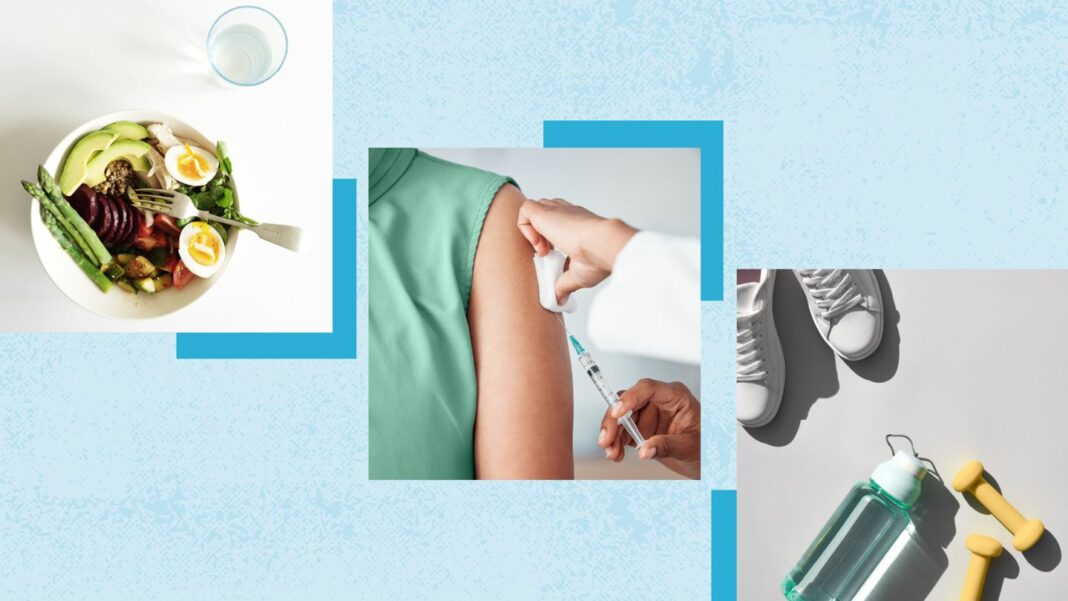Breast Cancer and Lymphedema: How You Can Reduce Your Risk
Introduction
Breast cancer is one of the most common types of cancer among women worldwide. It occurs when abnormal cells in the breast grow uncontrollably, forming a tumor. Lymphedema is a condition that can develop after breast cancer treatment, where lymph fluid builds up in the soft tissues causing swelling.
Reducing Breast Cancer Risk
There are several ways you can reduce your risk of developing breast cancer:
- Regular screenings: Mammograms and clinical breast exams can help detect breast cancer early when it is most treatable.
- Healthy lifestyle: Maintaining a healthy weight, exercising regularly, and eating a balanced diet can help reduce your risk of breast cancer.
- Avoiding known risk factors: Limiting alcohol consumption, avoiding smoking, and reducing exposure to estrogen-containing medications can help lower your risk.
- Protecting your affected arm: Avoid injuries, cuts, or burns to the arm on the side of the surgery or radiation treatment.
- Gradual exercise: Start with gentle exercises and gradually increase intensity to strengthen the arm muscles and promote lymphatic flow.
- Compression garments: Wearing compression sleeves or garments can help reduce swelling in the arm.
Reducing Lymphedema Risk
If you have been diagnosed with breast cancer and are undergoing treatment, there are steps you can take to reduce your risk of developing lymphedema:
Conclusion
By taking proactive steps to reduce your risk of breast cancer and lymphedema, you can improve your overall health and well-being. Regular screenings, a healthy lifestyle, and being mindful of known risk factors can go a long way in reducing your risk of these conditions.
FAQs
Q: Are there any specific foods that can help reduce the risk of breast cancer?
A: While no specific food can guarantee to prevent breast cancer, a diet rich in fruits, vegetables, whole grains, and lean proteins can help lower your risk.
Q: How common is lymphedema after breast cancer treatment?
A: Lymphedema affects around 20% to 30% of women who undergo surgery or radiation treatment for breast cancer.
Q: Is lymphedema curable?
A: While there is no cure for lymphedema, managing the condition with proper care, compression garments, and exercise can help reduce swelling and improve symptoms.




